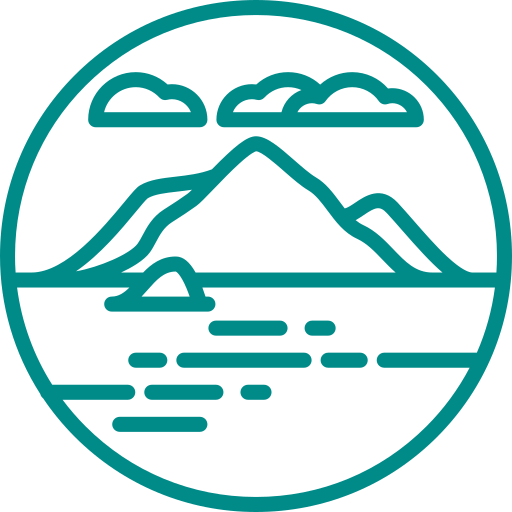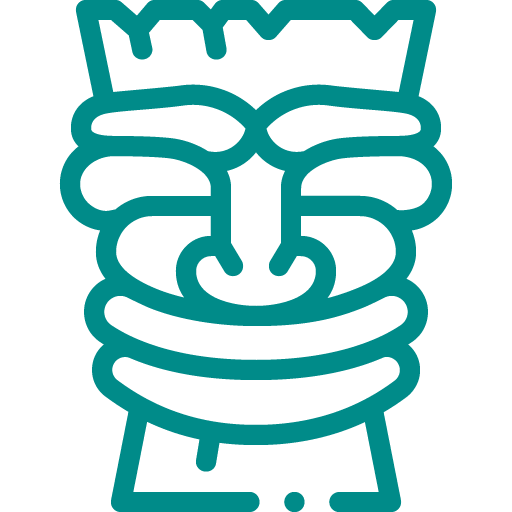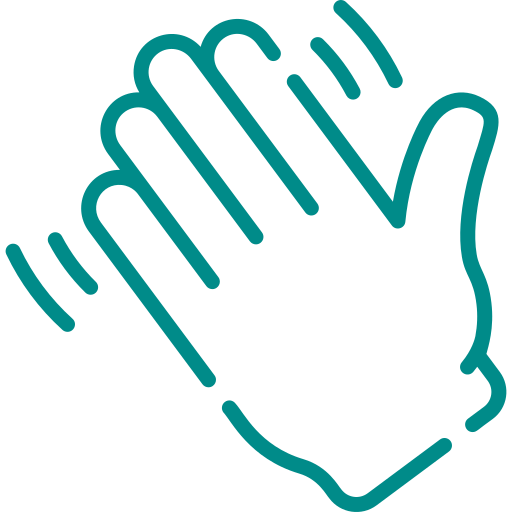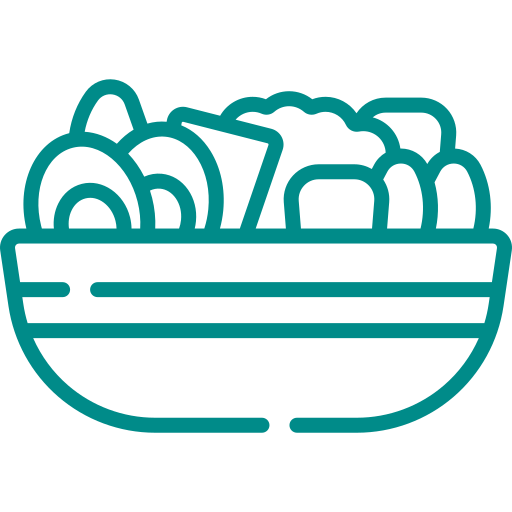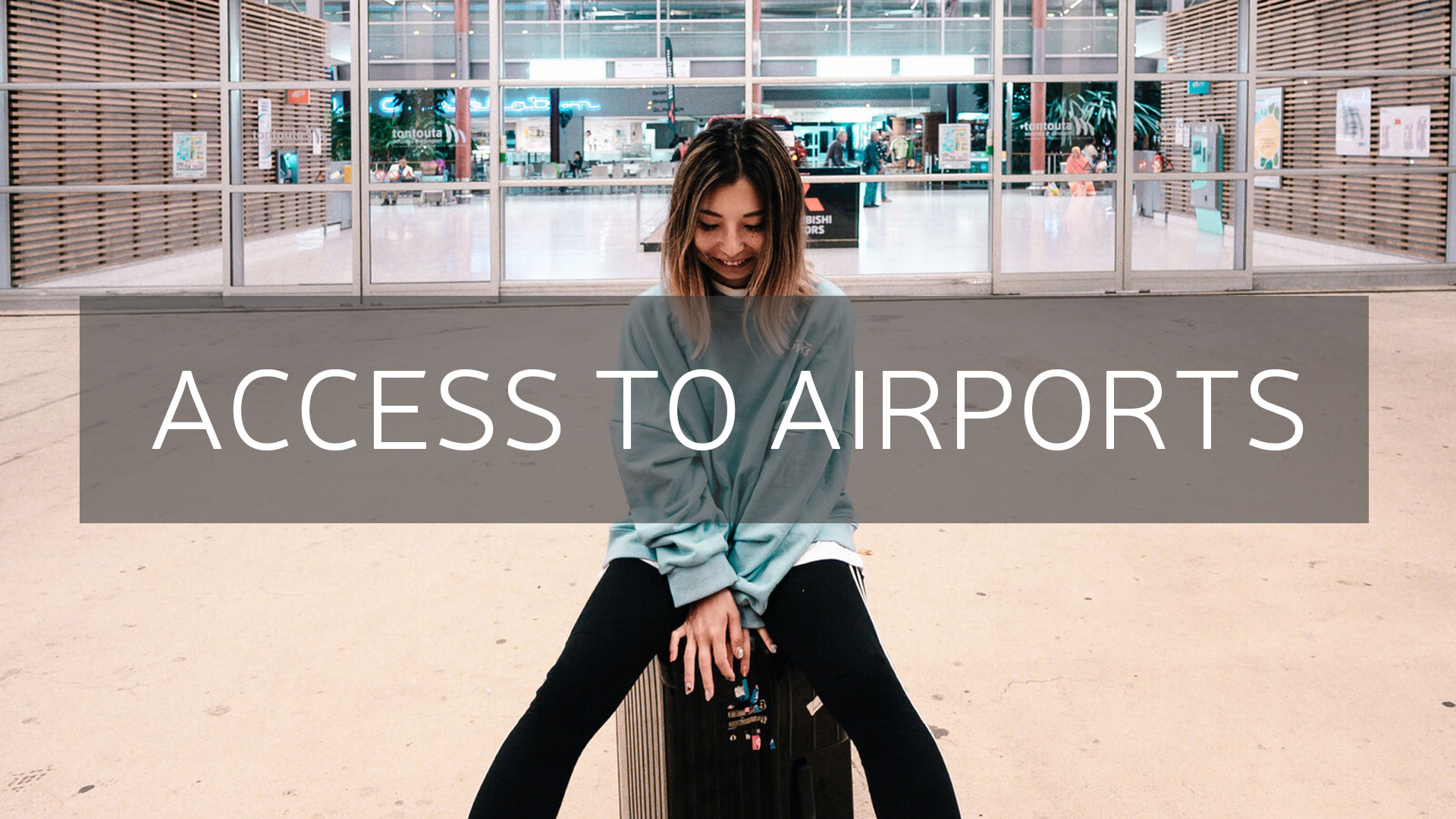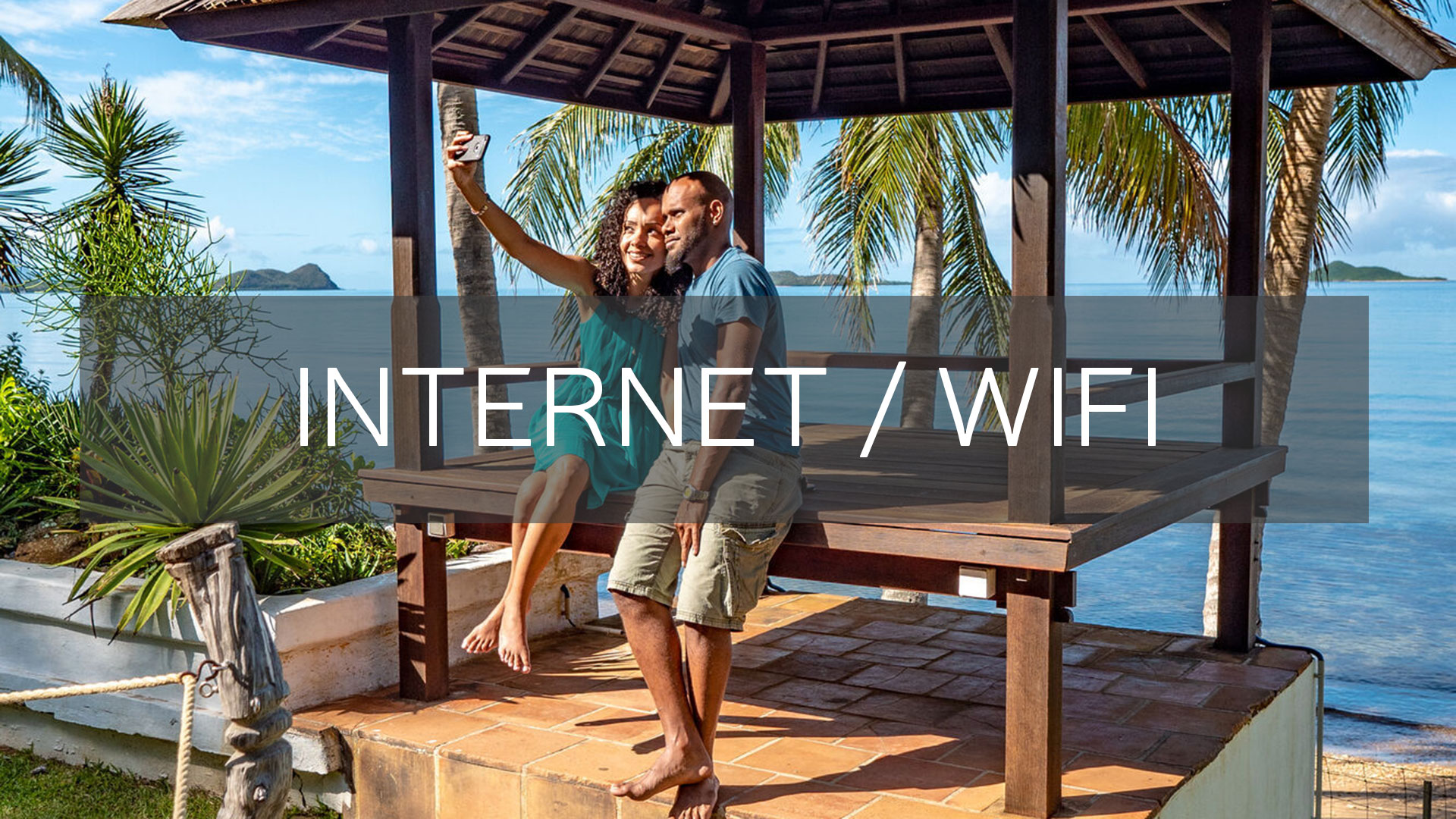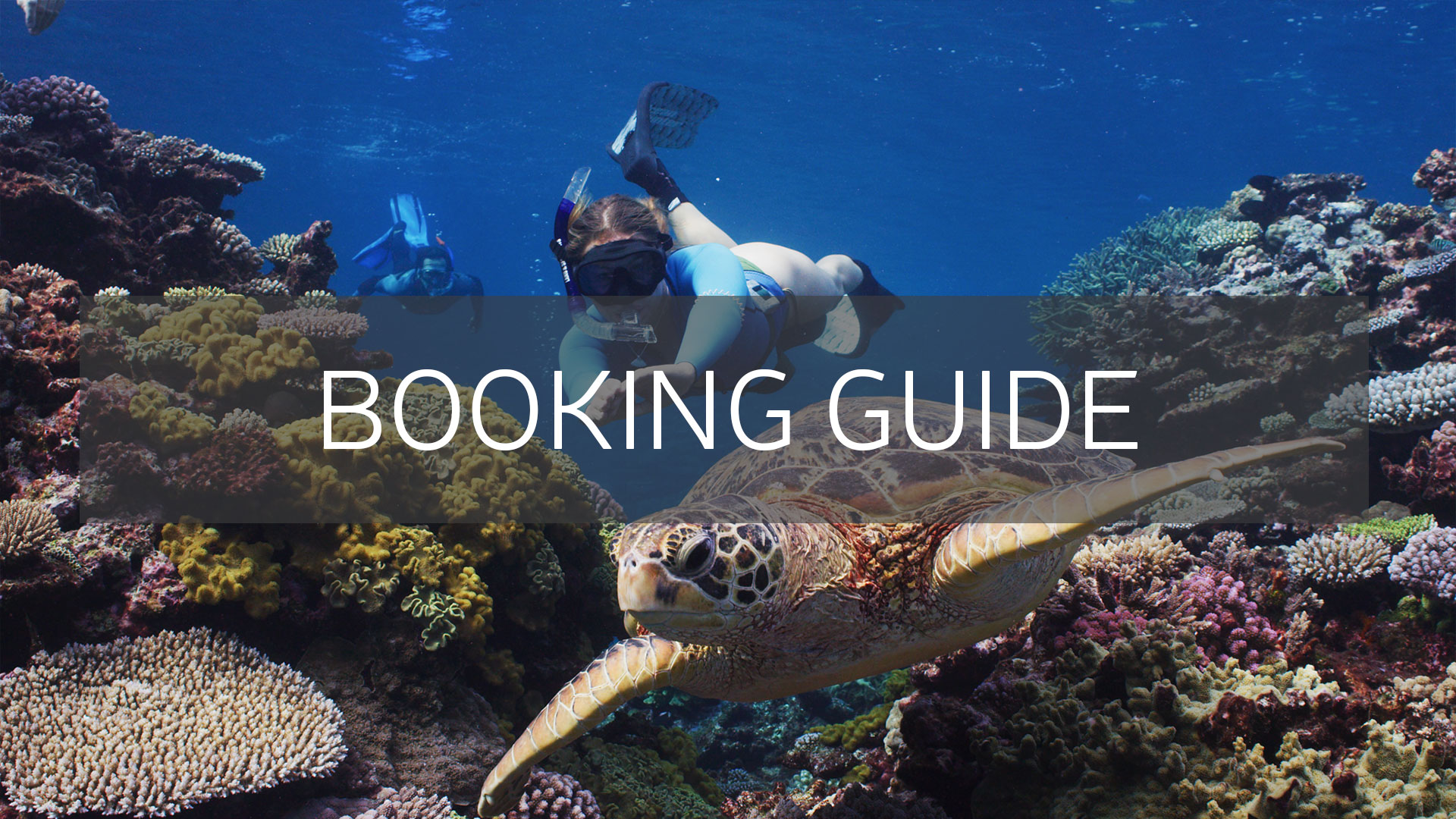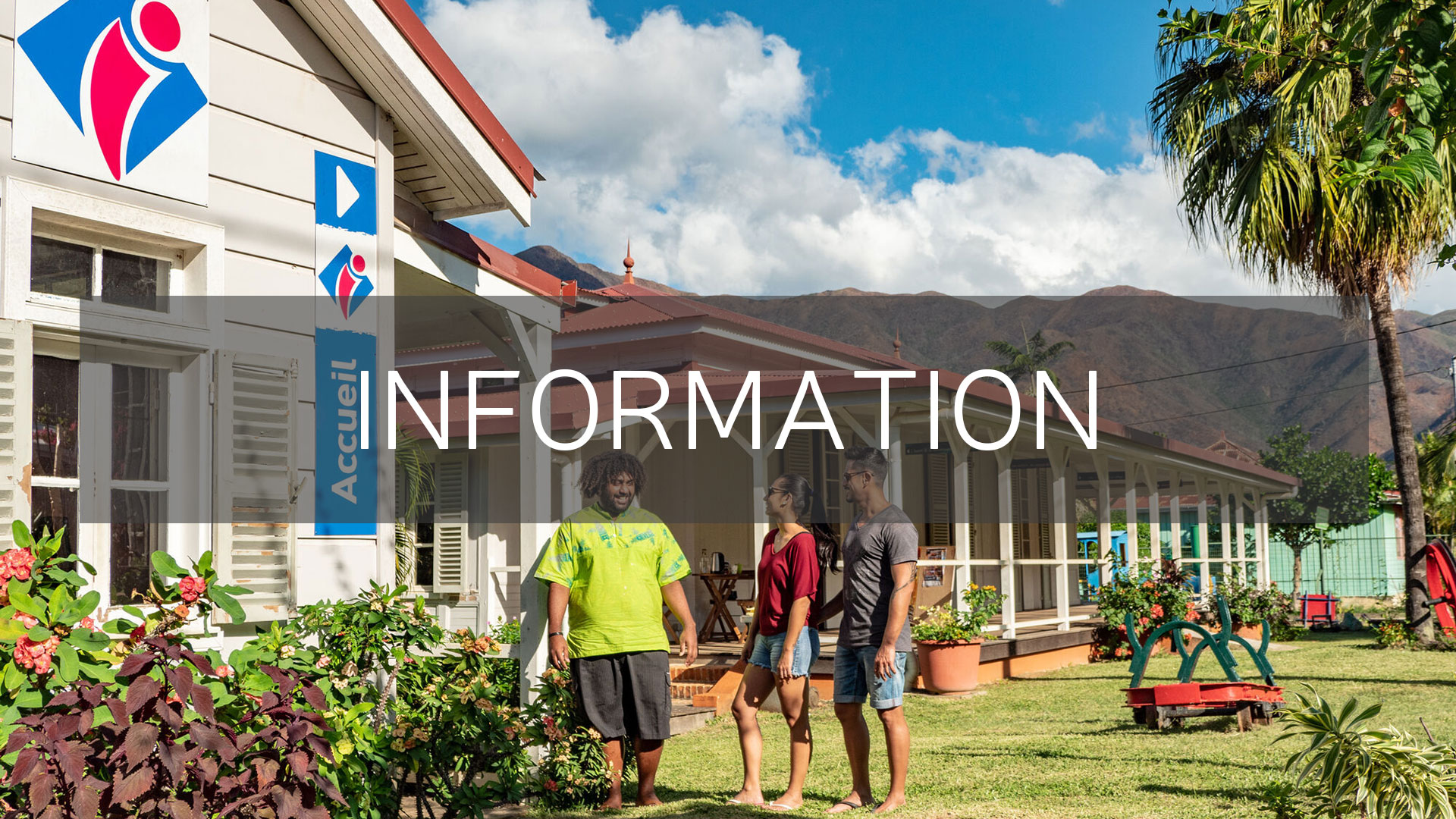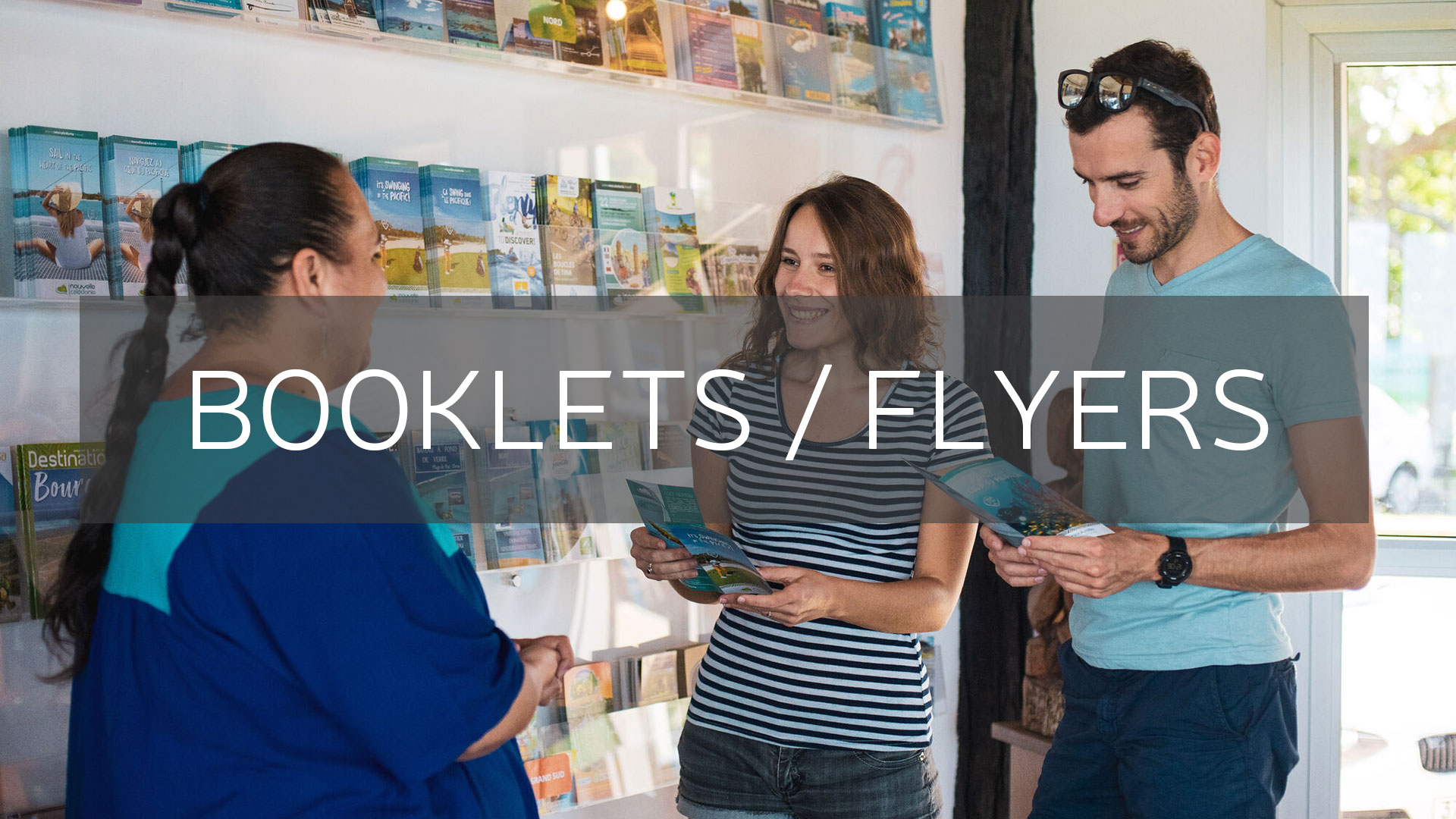Plan your trip from A to Z
Are you heading to New Caledonia for a holiday soon? This article contains all the essential information you need to successfully plan your trip. How do I get to New Caledonia? What are my transport and airport transfer options? What should I visit on Grande Terre and the islands and how do I book? Browse the links to our must-see sites and download our brochures and maps at the bottom of this page. For a successful stay on our “Caillou”, follow the guide!
INFORMATION FOR NEW VISITORS
Length of stay - How long should I plan to stay in New Caledonia?
Far enough away from home for a relaxing holiday, yet close enough to avoid any arduous and uncomfortable long flights, New Caledonia is a destination perfect for a long weekend, a short break or an extended stay. At just a few hours from several major cities in Australia and New Zealand, New Caledonia’s great location in the South Pacific even allows you to leave home after breakfast and arrive in the archipelago with plenty of time to spare before dinner. Even though you’ll find that it’s faster to reach New Caledonia by plane than many destinations in Australia by car, you’ll certainly feel worlds away.
Budget - What should my budget be for a trip to New Caledonia?
With its year-round warm climate, New Caledonia does not have a clear high and low season. Prices are similar whenever you choose to travel. The standard of living is similar to Australia and New Zealand , while prices are slightly higher because of the quality of the services in Nouméa and product import costs. As is often the case, the cost of living in the “capital” is a little higher than in the rest of the “country”.
What is the best season to visit?
The climate is pleasant all year round in New Caledonia. However, there are two distinct seasons:
- • The short “cool season” from April to November. During this season, nights are often cool, and days are mild and sunny. It’s the perfect time for a tour or for practising an outdoor sport. Temperatures rarely drop below 20°C, but you should bring some pants, light sweaters and cardigans.
- • The “warm, wet season” runs from November to March. The water temperature can get as high as 26-28°C: perfect for making the most of the lagoon, beaches and islands. What should you wear in this season? Light, casual clothes that protect you from the rain and sun.
Click on the link for more detailed information about the weather conditions in New Caledonia.
General information - What general information do I need to know about New Caledonia?
Archipelago
The archipelago of New Caledonia is made up of a main island called Grande Terre and several smaller groups of islands: the Loyalty Islands and the Isle of Pines in the south. Half of the population lives in the capital and the surrounding suburbs of Greater Noumea.
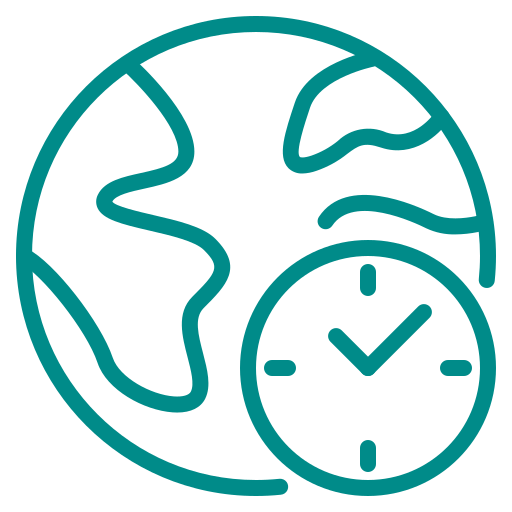
Time zone
New Caledonia is in the UTC/GMT+11 time zone all year round.In winter, New Caledonia is just 1 hour ahead of Australian East Coast and 1 hour behind New Zealand. In summer there is no time difference with Australian East Coast and 2 hours behind New Zealand.
Culture
New Caledonia is a rich melting pot of cultures. The Kanak community and the descendants of French settlers and convicts make up most of the population.
Customs and traditions
It is customary to say a few words and offer a small gift to your host. Customs and traditions are very important to New Caledonians and in the Kanak culture. Like many other places in the world, the tribes’ daily lives are governed by a code of social rules.
Language
French is New Caledonia’s official language but English is increasingly widely spoken, even outside the major tourist centres. There are also many Kanak languages and dialects including Drehu (Lifou).
Currency
The local currency is the Pacific franc or CFP (the same as in Tahiti), which is pegged to the euro: 1 AUD = 78.35 CFP / 1 NZD = 70.93 CFP
Payments and taxes
Visa, Mastercard and American Express are all widely accepted in shops. But remember to take some cash with you when you travel outside of Nouméa. The prices shown always include taxes.
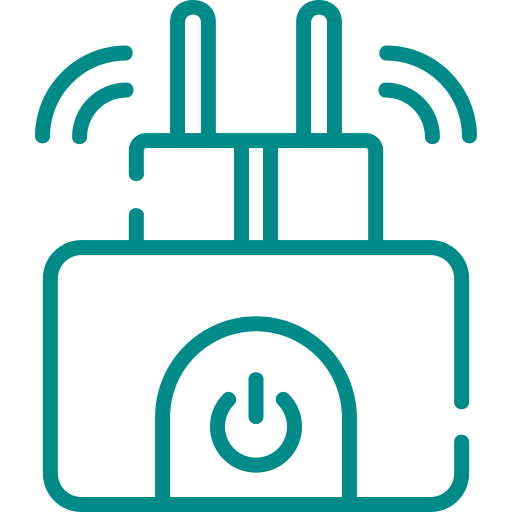
Power sockets
New Caledonia uses European Power sockets, so you will need to bring an adaptor.
Infrastructure (roads, hospitals, etc.)
New Caledonia is a French overseas territory recognised as a safe, well-developed tourist destination. Nouméa has a world-class infrastructure and hospital, and the roads are in good condition.

Drinking water
You can drink the water in New Caledonia. However, make sure you check this if you are staying in a smaller establishment outside Nouméa, especially after heavy rain.

Accessibility
While Nouméa is relatively well laid out for people in wheelchairs and the hotels meet international standards, travelling around New Caledonia often requires the help of a third party.

Travelling with children
New Caledonia is a safe destination suitable for children. Feel free to bring your family. There is so much for your children to discover, and they’ll go home with some great memories.

Types of accommodation
New Caledonia has high-quality hotel, lodge and gîte accommodation that meets established standards and services that meet the usual expectations of travellers seeking a comfortable stay. For travellers looking for a unique, shared experience surrounded by nature in an unspoiled environment, New Caledonia offers a wide variety of accommodation options, including bush homestays, tribal stays and getaways in eco-friendly hotels.
Culinary specialities
New Caledonian cuisine reflects the diversity of its people, with Melanesian, French, Polynesian and Asian culinary options. Specialities include bougna, a traditional Kanak dish made from tubers (yams, taro, cassava, sweet potatoes and poingo bananas) accompanied by fish, marinated prawns or chicken in coconut milk. It is left to simmer for 2 to 3 hours in banana leaves before being placed on hot stones in a Kanak oven dug into the ground. Deer, local tuna and less well-known dishes like bulime snails from the Isle of Pines are some of the other specialities you can sample during your stay! Last but not least, you can enjoy a dish of grilled fish, prawns, lobster, crab or wild boar finished off with a delicious dessert or fabulous exotic fruit salad.

Opening times
New Caledonians live life at the pace of the sun. Shops are usually open from 9 or 10 am to 5 or 6 pm and supermarkets from 8 am to 7 pm. Generally speaking, lunch is eaten between 11.30 am and 1 pm and dinner between 7 and 9 pm. Some shops do offer extended opening hours. However, at the weekend the locals tend to escape from the capital into the bush or bay areas, so the city centre is virtually deserted.
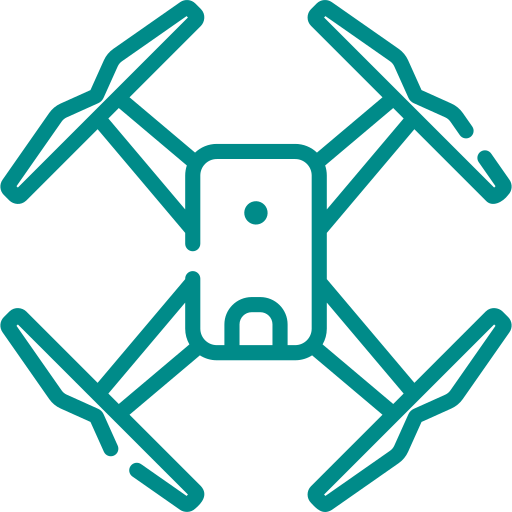
Drones
If you're travelling with a drone, you must let your airline know and notify the New Caledonian authorities. You don’t need permission when you get there, as long as it is for leisure purposes and you follow the rules on aviation safety and respecting privacy. Note that you are not allowed to fly your drone over some areas, including the islands. You can find out more from the tourist office or your accommodation once you arrive.
Dangerous animals
New Caledonia is a relatively unspoiled group of islands. Don't forget to protect yourself from mosquitoes, which can transmit dengue fever. When at sea, you need to respect some safety rules.
GETTING TO NEW CALEDONIA
⚠ #CORONAVIRUS COVID-19 : Advice to travellers ⚠
By plane
New Caledonia is Australia’s closest neighbour, with direct flights from Australia’s east coast. It will take you 2 hours from Brisbane, 2.5 hours from Sydney and 3 hours from Auckland to arrive in La Tontouta Airport. Aircalin, the national airline of New Caledonia, Qantas and Air New Zealand depart regularly from Sydney, Brisbane, and Auckland.
By boat
New Caledonia welcomes visiting sailors. Nouméa is the only port of entry with immigration facilities. You can also take a cruise ship from Australia or New Zealand that stops off in New Caledonia (usually 3-4 days max.).
Passports/visas
The same rules apply to tourists arriving by plane, boat or cruise ship. Each passenger must present a valid passport and a visa if their nationality requires it.
Customs
Like other Pacific islands, New Caledonia does not allow visitors to import fresh produce or plants. These could jeopardise the island’s agricultural and natural balance. Prohibited items include: - cheeses and smallgoods - plant products (seeds, plants and flowers). There are also entry quotas for tobacco, alcohol, coffee and perfume. Lastly, you are not allowed to take any protected New Caledonian flora or fauna in your luggage (giant clam shells, turtle shells, etc.).
Foreign exchange
You won't find any Pacific francs in Australia or New Zealand. So you will only be able to withdraw cash once you arrive, either at the airport or in one of the many banks offering foreign exchange facilities (open from Monday to Friday, 7.30 am to 3.45 pm). You must present a form of identification and commission fees vary depending on the company.
TRAVELLING AROUND NEW CALEDONIA
Plane
Plane is the fastest way to get to the islands or the north of Grande Terre. Frequent flights make day trips easier. It costs about $200 for a round trip. Air Calédonie operates daily flights from Magenta Airport to Koné, Touho, the Isle of Pines and the Loyalty Islands. In addition to these inter-island services, Air Loyauté flies from Nouméa, and Koumac on Grande Terre to Tiga on the Loyalty Islands.
Ferry
Departing from Nouméa, the high-speed vessel Betico 2 sails to the Isle of Pines in 2½ hours, Maré in 4 hours, Lifou in 5 hours and twice a month to Ouvéa in 6 hours. A boat trip to the Isle of Pines is a real experience and still the best way to enjoy the lagoon and landscapes. The ferry will get you to the Isle of Pines for the weekend at a lower cost.
Hire car
Car is still the most practical way to explore Grande Terre and the islands. Car hire costs about the same as it does in Australia or New Zealand and the highway code is the same as in mainland France (drive on the right side of the road!). You must be at least 21 years old and have had your driver's licence for a minimum of 2 or 3 years to hire a car. AU and NZ driving licences are accepted.
Bus
To go sightseeing in Nouméa, simply board one of the little trains or Hop-On Hop-Off buses that drop you off in strategic parts of the city. For a longer journey, the city has a well-established network of urban bus routes. And you can always travel around Nouméa by taxi, of course.
Private chauffeur/Guided tours
With a private chauffeur as your guide, you can explore New Caledonia with an English-speaking expert who is passionate and knowledgeable about the city. More information is available from the tourist office.
Other transport methods
From family-friendly routes to Grande Randonnée (GR®) trails, New Caledonia has a wide variety of hiking paths that will delight both amateurs and professionals. Whether you're travelling on foot, by bike or on horseback, this is a great way to enjoy the unspoiled countryside with its diverse and breathtaking scenery.
VISITING NEW CALEDONIA AND BOOKING ACTIVITIES
The best way to experience New Caledonia is to meet authentic people, enjoy the various outdoor activities, live life at the same pace as the island’s residents and book ahead. Unmissable experiences during your stay include:
• Meeting and chatting to the locals
• Taking part in outdoor activities (water sports, board sports, fishing, hiking, etc.)
• Sharing a meal with a tribe or having a bush barbecue
• Taking part in a local festival
• Connecting with nature
• Adopting the island’s “Carpe diem” motto.
Find the 15 experiences to enjoy during your stay!
Once you're in New Caledonia, you can get information and advice from the island’s tourism professionals:
• In tourist offices and at information points
• At your accommodation (host, hotel or tribe).


